15 Practical Uses for Lemons Beside the Kitchen
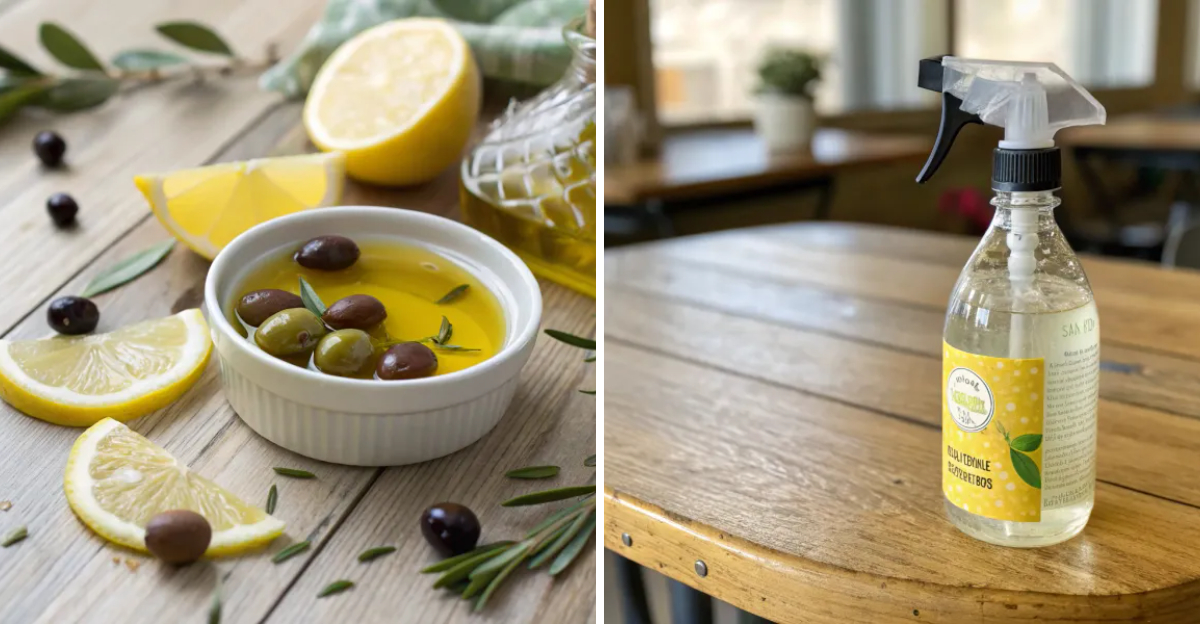
Lemons offer more than just a burst of flavor to your favorite dishes. These bright yellow fruits contain gentle natural acids and oils that make them helpful additions to your home routine. From easing out tough stains to lightly freshening up your living spaces, lemons can lend a hand with many daily tasks around the house without the need for strong or harsh chemicals.
1. Natural All-Purpose Cleaner

Mix equal parts lemon juice and water in a spray bottle to make an effective cleaning solution. The citric acid in lemons breaks down grease, soap scum, and mineral deposits on most surfaces. This mixture works well on countertops, bathroom fixtures, and glass surfaces. The natural antibacterial properties help sanitize while you clean. Store your homemade cleaner in the refrigerator for up to one week. Always test on a small area first, especially on natural stone surfaces like marble.
2. Fresh Air Deodorizer
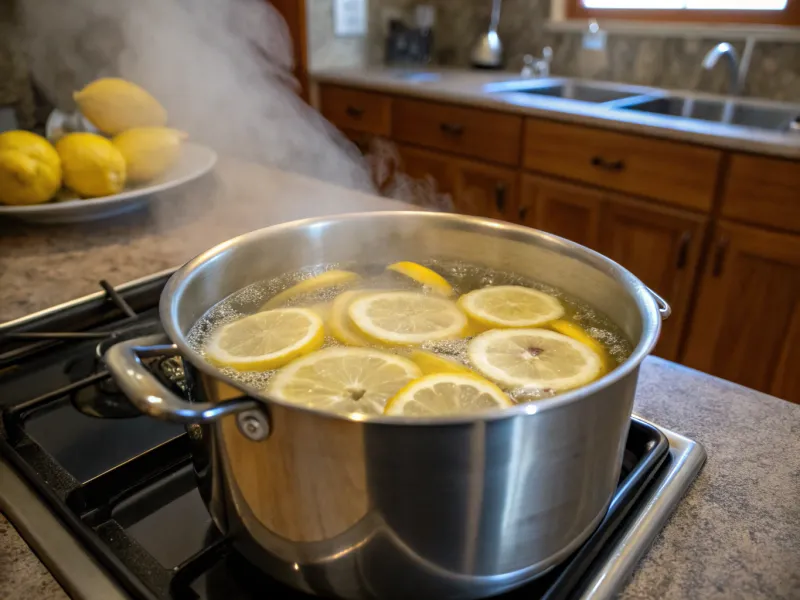
Simmer lemon peels in a pot of water on your stove to fill your home with fresh, clean scents. This method neutralizes cooking odors, pet smells, and musty air naturally. Add other ingredients like cinnamon sticks or herbs for different fragrances. The steam carries the lemon oils throughout your living space. Keep the pot on low heat and check water levels regularly. This technique works better than chemical air fresheners and costs much less.
3. Metal Polish for Shine
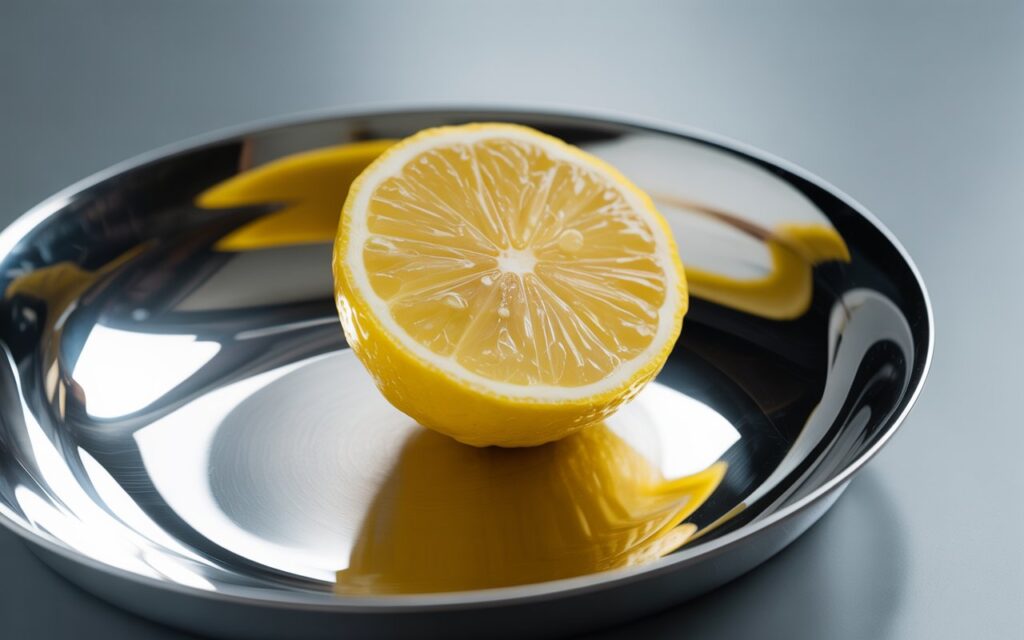
Cut a lemon in half and rub it directly on stainless steel appliances, chrome fixtures, or aluminum cookware. The acid removes water spots, fingerprints, and light tarnishing. Follow up by wiping with a clean, dry cloth to prevent water spots. This method works especially well on faucets, sink fixtures, and refrigerator handles. For more cleaning solution, sprinkle salt on the lemon before rubbing. Avoid using this method on delicate or plated metals that might get damaged.
4. Stain Removal Helper
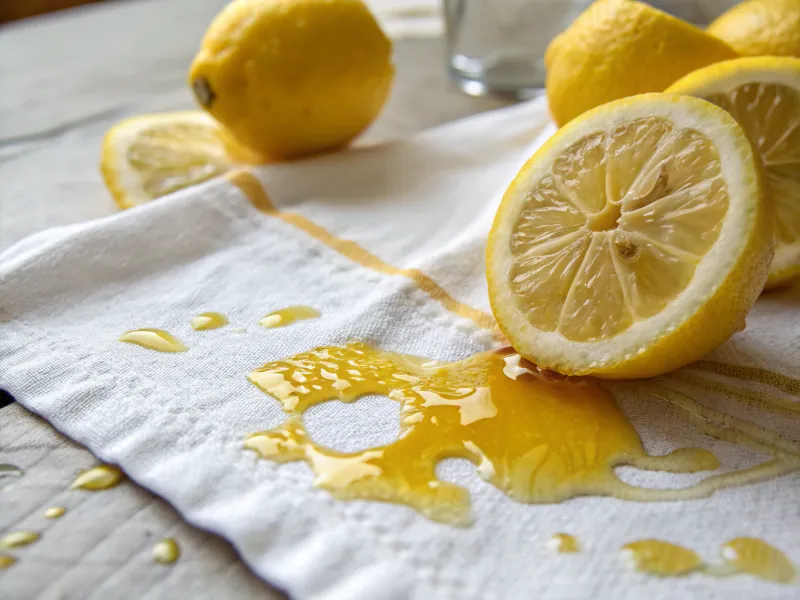
Apply fresh lemon juice directly to stains on clothing, tablecloths, or cutting boards before washing. The citric acid helps break down protein-based stains and yellowing. Let the juice sit for 10-15 minutes before washing as usual. This works particularly well on sweat stains, food spots, and rust marks. For tough stains, make a paste with lemon juice and baking soda. Always check fabric care labels first, as lemon can bleach some materials.
5. Laundry Brightener
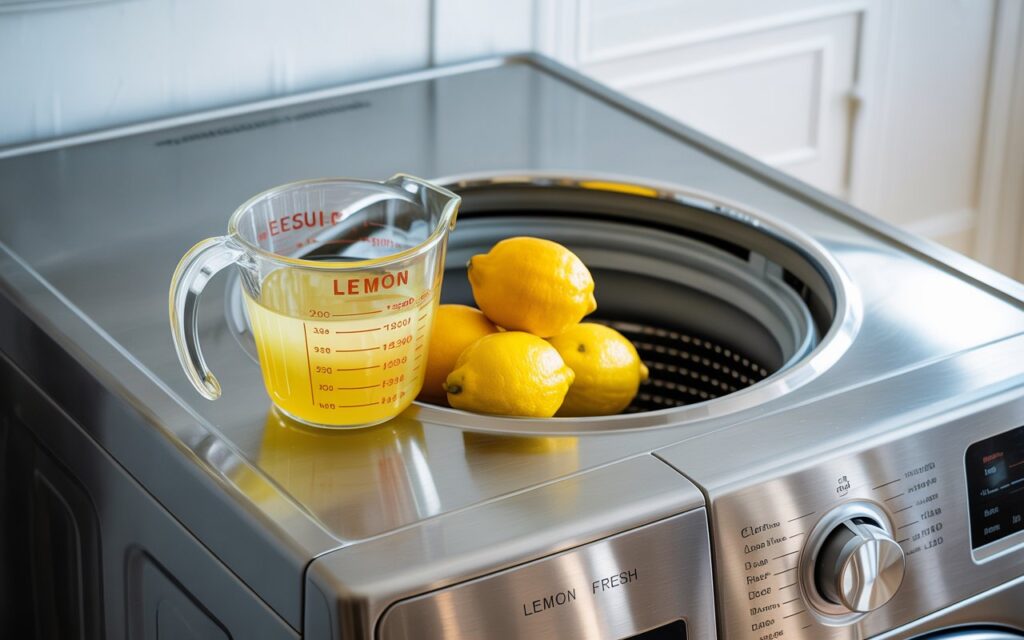
Add half a cup of fresh lemon juice to your washing machine during the rinse cycle to brighten white fabrics. The natural bleaching action helps remove yellowing and dingy appearance. This method works safely on cotton, linen, and other natural fibers. Your clothes will smell fresh and look brighter without harsh chemical bleaches. Use this technique once or twice a month to maintain fabric brightness. Combine with your regular detergent for best results and longer whiteness.
6. Garbage Disposal Cleaner
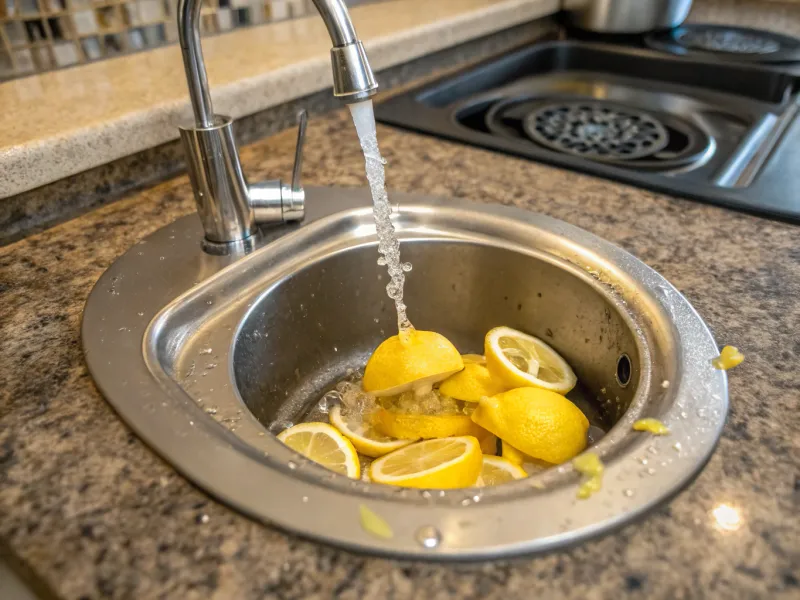
Drop lemon peels into your garbage disposal and run it with cold water to clean the blades and eliminate odors. The oils in the peel freshen the drain naturally. Cut peels into smaller pieces before adding them to prevent jamming. Run the disposal for about 30 seconds while water flows. Do this weekly to maintain a fresh kitchen drain. The citrus oils also help break down grease buildup that can cause clogs and bad smells.
7. Wood Furniture Polish
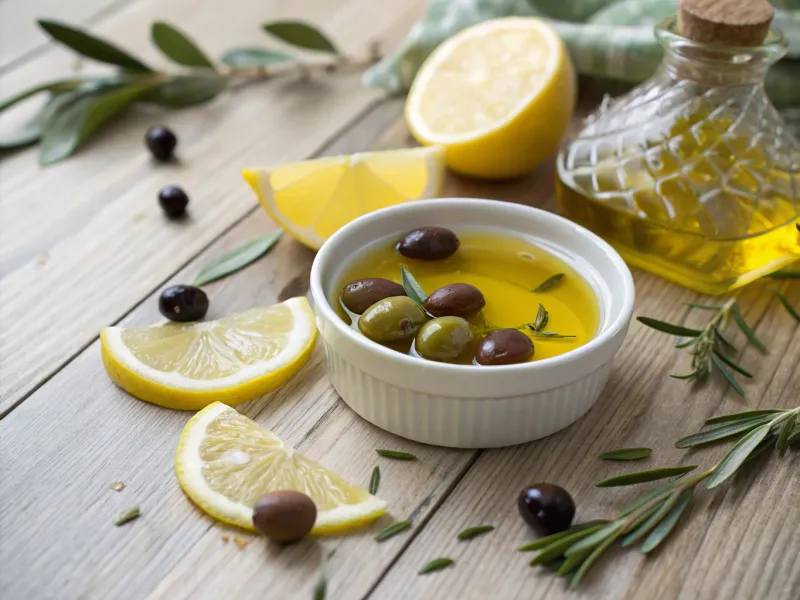
Combine equal parts fresh lemon juice and olive oil to make furniture polish that cleans and conditions wood surfaces. This mixture removes dust while adding natural shine. Apply with a soft cloth, working in the direction of the wood grain. Buff with a clean cloth for best results.This homemade polish works on most finished wood furniture and cutting boards. Test on an inconspicuous area first to ensure compatibility with your furniture finish.
8. Hand Odor Neutralizer
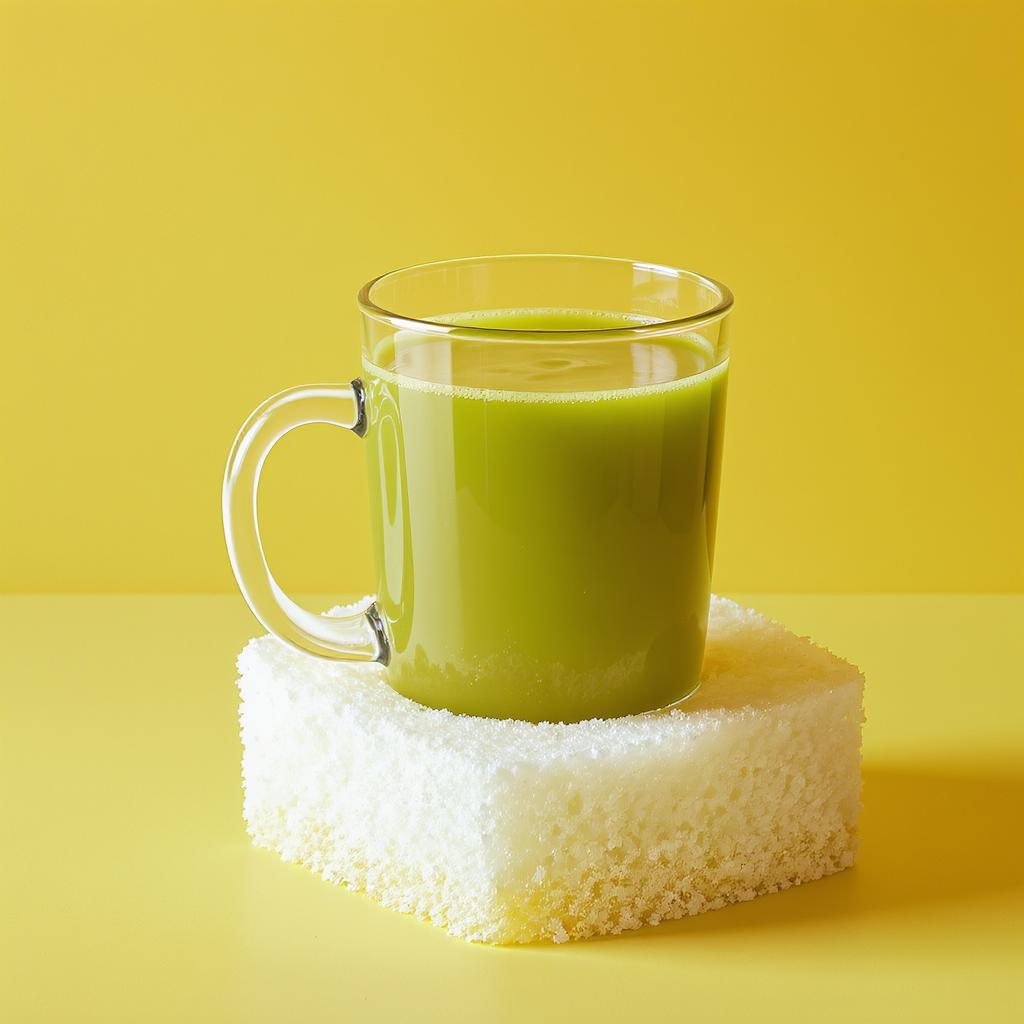
Rub fresh lemon juice on your hands to remove strong odors from garlic, onions, fish, or cleaning products. The citric acid neutralizes odor-causing compounds on your skin. Cut a lemon in half and rub it directly on your palms and fingers. Rinse with cool water and dry thoroughly. This technique works better than soap alone for stubborn smells. Keep lemon halves in your refrigerator for quick odor removal after handling smelly ingredients.
9. Microwave Steam Cleaner
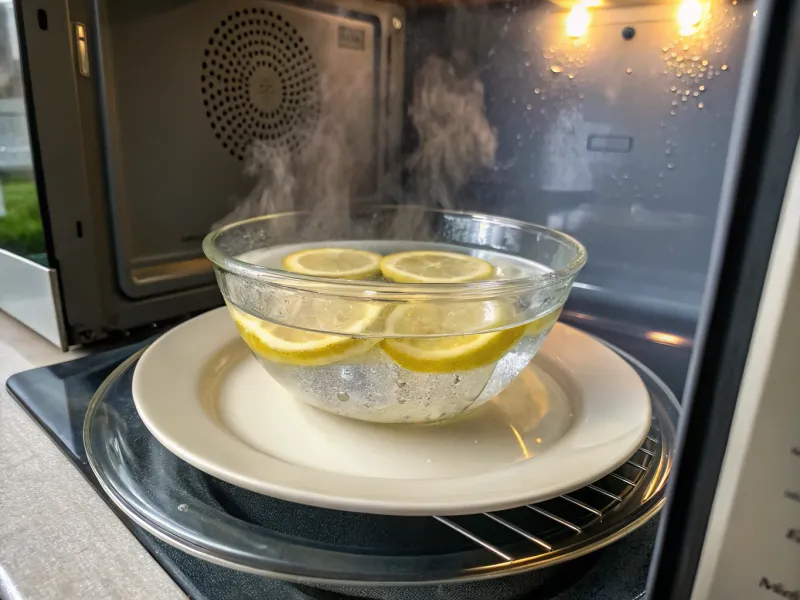
Place a microwave bowl filled with water and lemon slices inside your microwave. Heat for two minutes to create steam that softens stuck-on food splatters. Let the bowl sit for one minute after heating, then carefully remove it. Wipe down the interior with a clean cloth. The lemon-scented steam makes cleaning easier while leaving your microwave smelling fresh. This method works without harsh chemicals or scrubbing.
10. Nail Whitener and Brightener
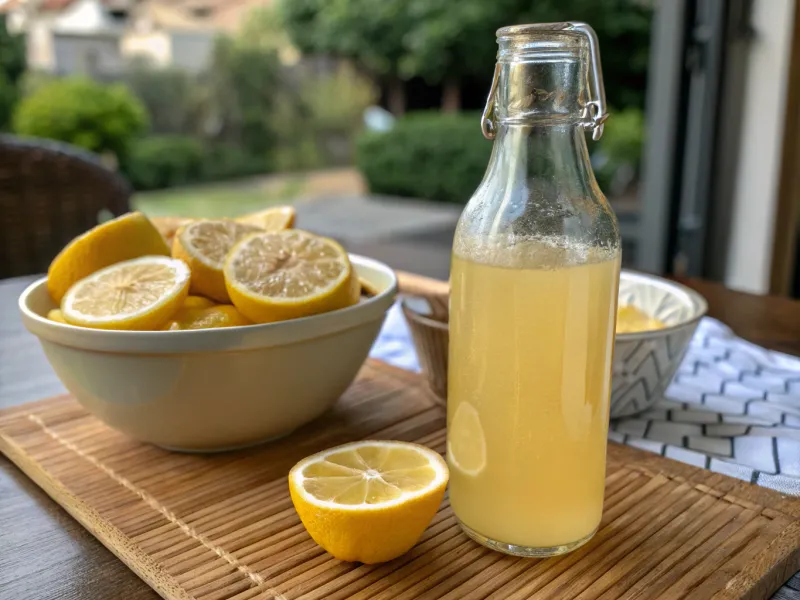
Soak your fingernails in fresh lemon juice for five minutes to remove stains and brighten their appearance. The citric acid gently bleaches yellowing and discoloration. You can also rub lemon directly on nails or use a cotton ball soaked in juice. Follow with hand cream to prevent dryness. This natural method works gradually with regular use. Do this treatment twice a week for best results, and always moisturize afterward.
11. Refrigerator Odor Absorber
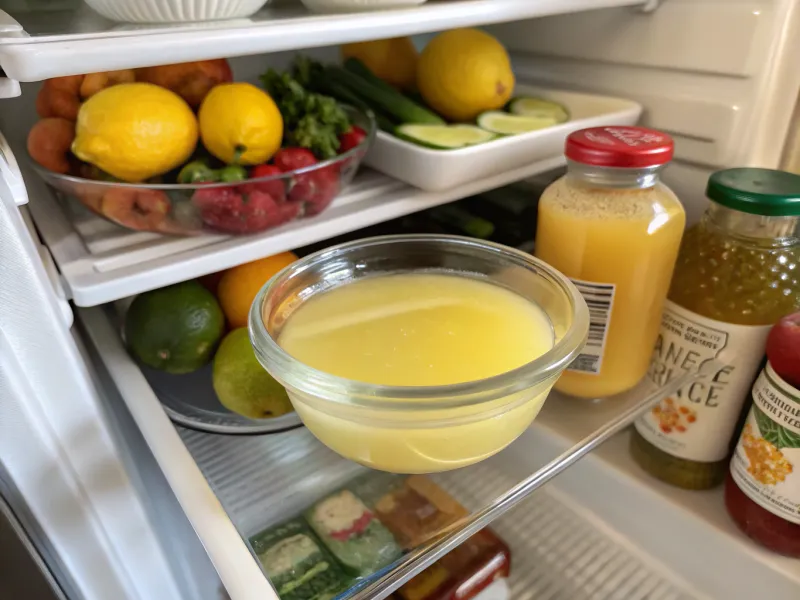
Place a small bowl of fresh lemon juice in your refrigerator to absorb unwanted odors and keep the air fresh. Replace the juice every few days for continued effectiveness. You can also cut a lemon in half and place it side up on a shelf. The exposed flesh releases oils that neutralize smells. This method works better than baking soda for some odors and adds a pleasant citrus scent. Clean the bowl regularly to prevent bacteria growth.
12. Insect Deterrent Spray
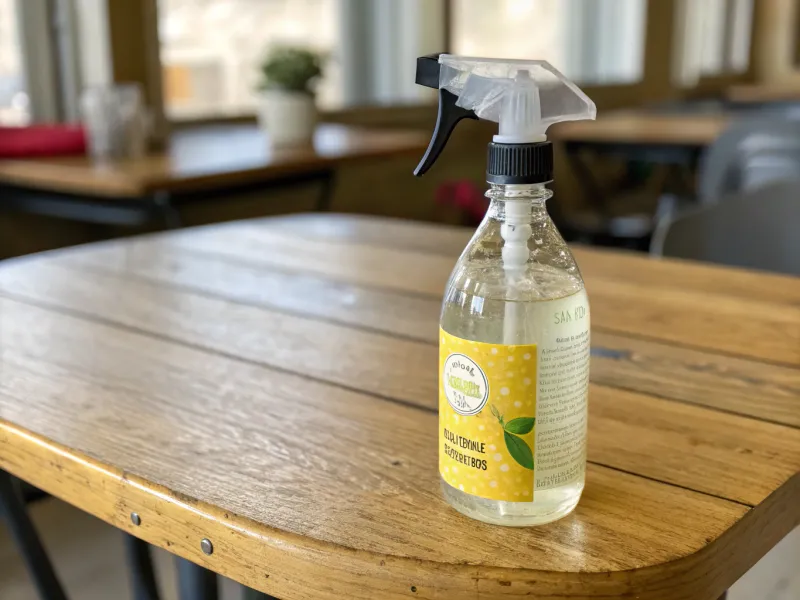
Mix lemon juice with water in a spray bottle to make a natural insect repellent. Spray around doorways, windowsills, and ant trails to deter crawling insects. The strong citrus scent disrupts insect pheromone trails and makes areas less attractive to pests. Reapply every few days or after cleaning. This method works particularly well against ants, though it may help with other small insects too. It is safer around children and pets than chemical pesticides.
13. Cutting Board Sanitizer
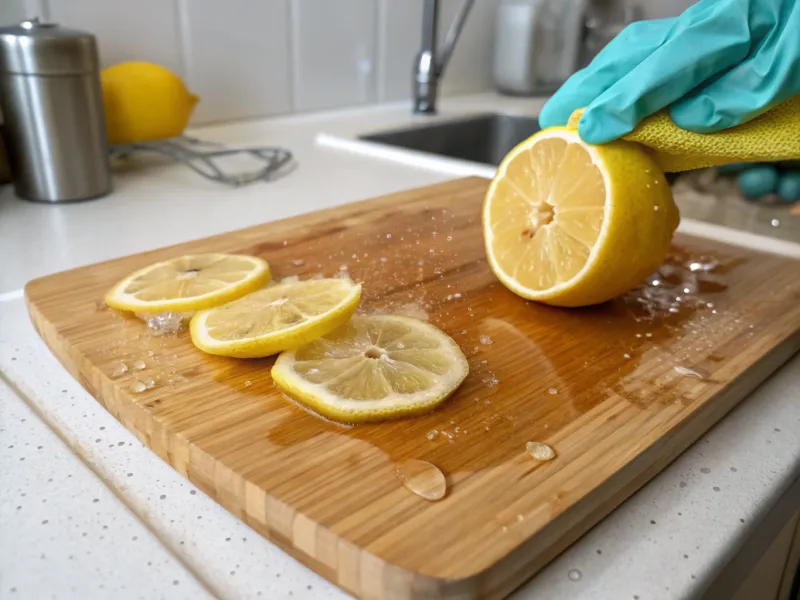
Rub fresh lemon juice on cutting boards after use to disinfect and remove odors, especially after preparing meat or strong-smelling foods. The acid kills bacteria naturally. Let the juice sit for a few minutes before rinsing with water. This works on both wood and plastic cutting boards. For more cleaning, sprinkle coarse salt on the board before rubbing with lemon. This combination scrubs away residue while sanitizing the surface effectively.
14. Rust Removal Paste
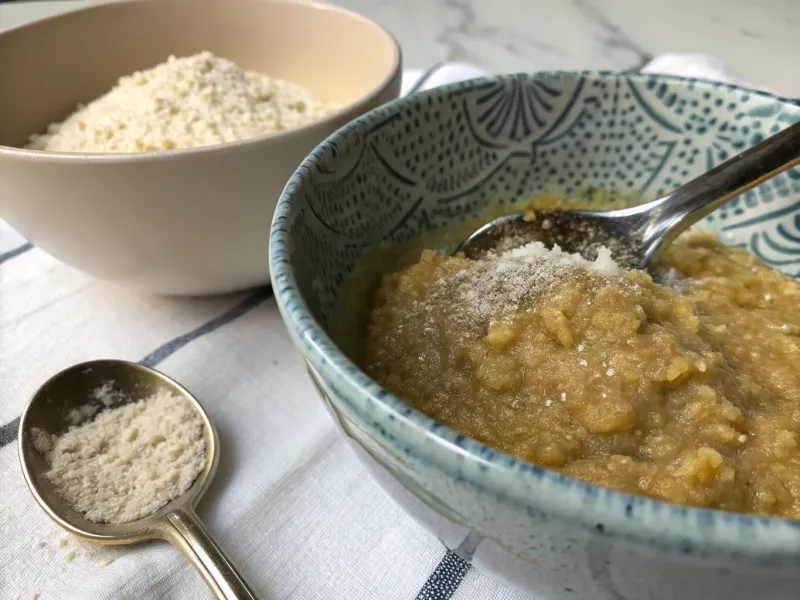
Make a paste using lemon juice and salt to remove rust from metal tools, screws, or outdoor furniture. The acid dissolves rust while salt provides gentle abrasive action. Apply the paste to rusty areas and let it sit for 30 minutes. Scrub with an old toothbrush or steel wool, then rinse clean. This method works on light to moderate rust but may not remove heavy corrosion. Always dry metal thoroughly after treatment to prevent new rust formation.
15. Natural Room Freshener
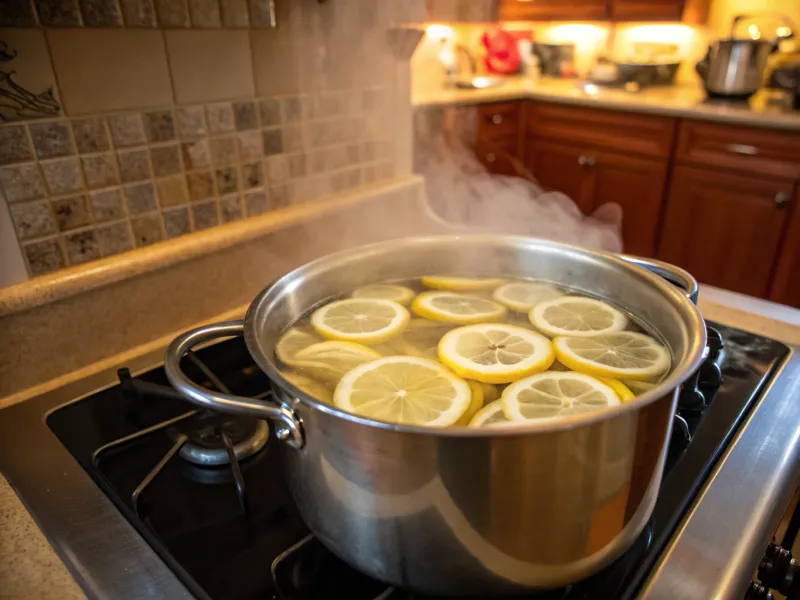
Simmer fresh lemon slices in water on your stovetop to create a natural room freshener that eliminates odors and adds pleasant fragrance. This method works throughout your entire home. Add other ingredients like mint leaves or orange peels for variety. Keep the heat low and monitor water levels to prevent burning. This technique costs less than commercial air fresheners and contains no artificial chemicals. Use it before when your home needs freshening.
